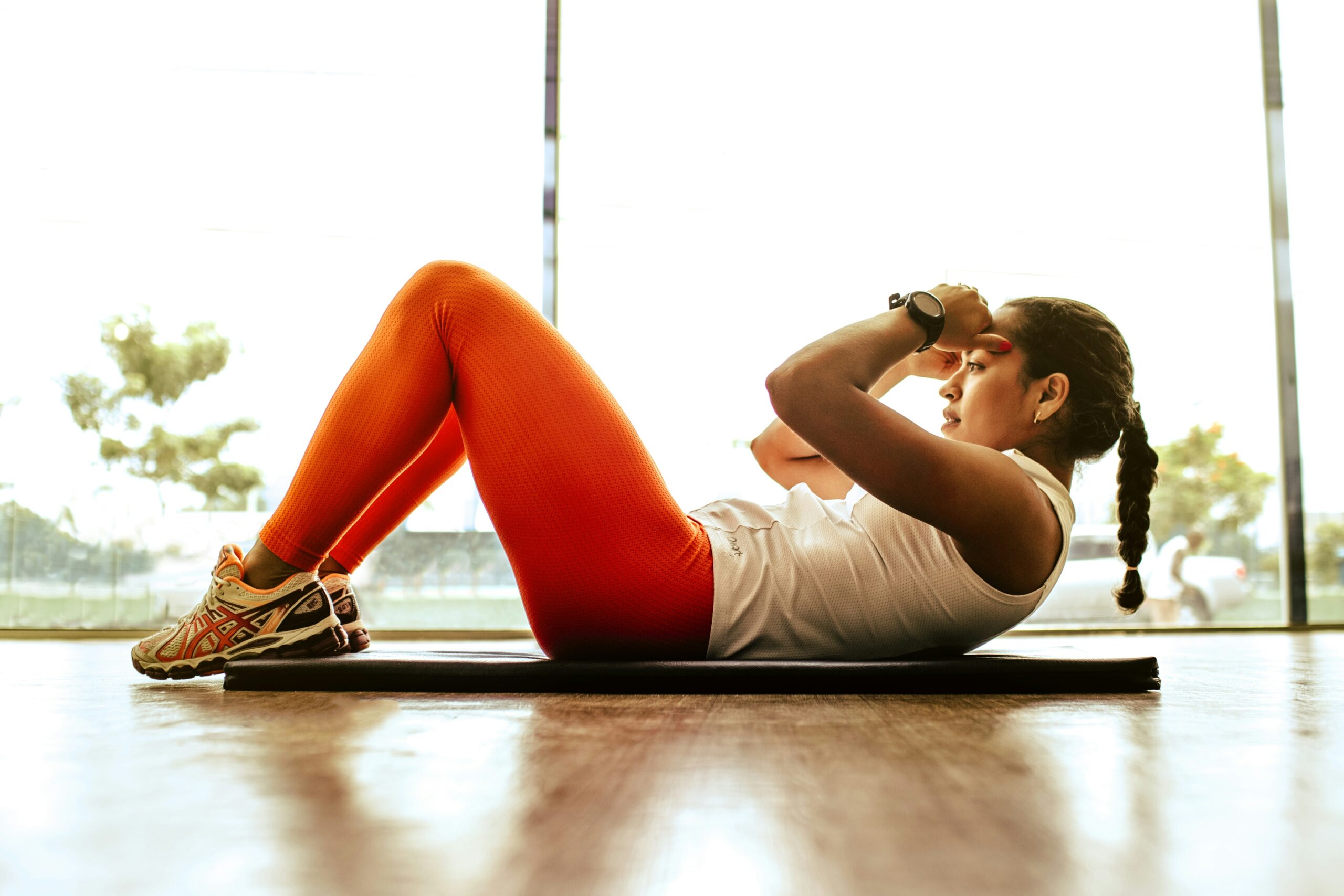From Obligation to Empowerment: Reframing Exercise as a Gift

For many breast cancer survivors, the idea of exercise can feel like a heavy burden. After enduring physical treatments, emotional upheaval, and the exhaustion that follows, the concept of working out may seem like just another demand on limited energy reserves. It’s easy to fall into the mindset of “I have to do this”—where movement becomes a chore rather than a choice.
But what if that mindset changed? What if movement was no longer a punishment for what the body has endured, but instead a celebration of what it can still do? Reframing exercise as a form of self-care, not obligation, can be a turning point in a survivor’s healing journey.
Why Exercise Matters for Survivors
Studies show that regular physical activity improves strength, reduces fatigue, lowers stress, and enhances mood. But perhaps even more compelling is the research suggesting that consistent exercise can reduce the risk of cancer recurrence. This makes movement not just a wellness goal, but a vital component of long-term health.
Yet for many, knowing the benefits isn’t enough. Survivors may still struggle with motivation, especially when exercise feels disconnected from joy or personal meaning. That’s why the reason behind the movement is just as important as the movement itself.
The Power of Perspective
Shifting the mindset from “I have to” to “I get to” reframes movement as an opportunity—not a punishment. Survivors are encouraged to approach exercise as a daily act of kindness toward their bodies. It doesn’t need to be high-intensity or perfectly planned. A slow walk, a few minutes of stretching, or even dancing in the kitchen can be transformative when done with intention.
This perspective shift helps replace guilt and pressure with grace and empowerment. It’s no longer about checking off a task, but about showing up for oneself in a meaningful way.
A Practical Approach to Motivation
In one of Faith Through Fire’s recent podcast episodes, Dr. Michelle Segar, behavioral sustainability scientist and author of No Sweat, shares science-backed insights into how we can build lasting motivation around movement. She emphasizes that when people link exercise to how it makes them feel in the moment—energized, uplifted, strong—they’re far more likely to stick with it.
Movement as a Lifelong Companion
Exercise doesn’t need to be extreme to be effective. Survivors can begin by asking simple questions like: What kind of movement would feel good today? How can I care for my body gently but purposefully? These small shifts can lead to powerful results—both physically and emotionally.
In the end, movement is a gift. A chance to reconnect with the body. A reminder that healing is still happening. A way to say, “I’m still here, and I’m still moving forward.”
Let it be a joy, not a job.
